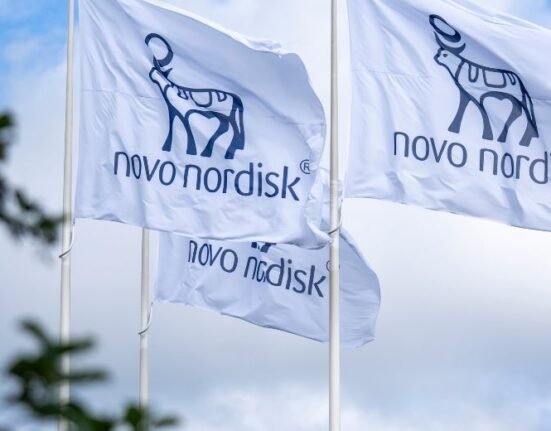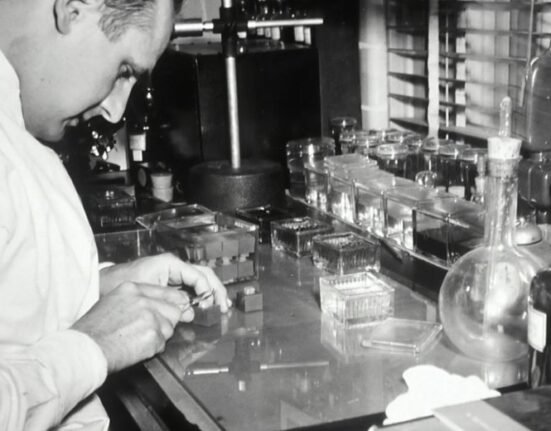HQ Team
May 26, 2024: The Endocrinologic and Metabolic Drugs Advisory Committee of the FDA refused approval for a once-weekly jab to control blood sugar levels in people with type 1 diabetes, with seven members voting for and four against.
In a publicly televised meeting, the seven members said Novo Nordisk’s weekly insulin icodec’s benefits do not outweigh the risks of hypoglycaemia or low sugar levels.
During the Novo Nordisk clinical trial, adults receiving icodec had higher rates of level two and level three hypoglycaemia than adults receiving once-daily insulin degludec or Tresiba made by the same company.
HbA1c changes from baseline to 26 weeks were similar between the two groups. Glycated haemoglobin, also known as HbA1c, is a form of haemoglobin that is chemically linked to sugar.
HbA1c blood test is used to help diagnose type 2 diabetes and monitor blood glucose control in people with diabetes.
Level three hypoglycaemia
Data presented during the hearing were derived from the phase 3 trial.
In the trial, 582 adults with type 1 diabetes using multiple daily insulin injections for at least 1 year and with an HbA1c of 10% or less at baseline were randomly assigned, 1:1, to receive once-weekly insulin icodec or once-daily insulin degludec.
During the trial, participants in the insulin icodec group were more likely to have a level two or level three hypoglycaemia event than the insulin degludec group.
The increased rates were mostly seen in level two hypoglycaemia. Additionally, 70% of the level three hypoglycaemia events in the insulin icodec group were experienced by one participant.
The company proposed mitigation strategies and label suggestions to address the hypoglycaemia risk, but committee members said more data are needed on those strategies.
Lack of data
Risk for hypoglycaemia, labelling recommendations, and lack of data on risk mitigation, were cited multiple times by the seven committee members who voted against it.
Additional data are needed on whether the proposed mitigation strategies can lower hypoglycaemia risk with insulin icodec, said Martha Nason, PhD,, a mathematical statistician in the branch division of clinical research at the National Institute of Allergy and Infectious Diseases, who voted against the approval.
“I think it would be really important to put [mitigation strategies] to the test with another clinical trial and be able to show that they are able to increase the safety,” Nason said.
Jill Crandal, MD, the Jacob and Jeanne Barkey Professor, chief in the division of endocrinology and director of the Fleischer Institute for Diabetes & Metabolism at the Albert Einstein College of Medicine in New York, voted no.
Unclear target population
She said Novo Nordisk did not adequately define which subgroups of adults with type 1 diabetes might benefit most from insulin icodec.
“It’s still not completely clear to me what the target population for the drug would be,” Crandall said. “I’d like to be optimistic about it, I think there could be some theoretical benefits, but I think there needs to be more work done.”
Paul Beringer, PharmD, professor of clinical pharmacy at the Alfred E. Mann School of Pharmacy and Pharmaceutical Sciences at the University of Southern California, who voted against the drug application, said: “The benefits of the therapy are clearly that once-weekly administration would be easier to do, but that’s likely to be offset by the increased treatment complexity.”








